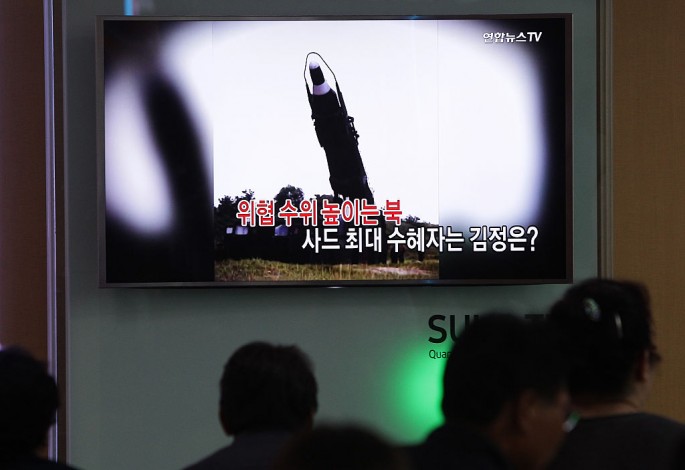With no signs of the U.S. or South Korea backing out of the deployment deal, China has stepped up its effort in order to register its opposition. It has turned up the pressure on the economic front while warning of the impact on diplomatic relations in the future.
The Terminal High Altitude Defense System (THAAD) is often cited as a solution to North Korea's nuclear and ballistic missile capabilities. But countries like China and Russia were quick to register their concerns on the planned deployment in South Korea.
The two countries announced a few weeks ago that they will be taking "unspecified measures" against the U.S. anti-missile system. Both fear that the system's powerful radar can potentially compromise their security and might not do anything to lower the tension on the Korean peninsula.
"This is not only a military system for the ROK (Republic of Korea). This is actually a regional, a global plan, for the United States to have a shield in one hand and a sword in another," said political scientist Tang Jianqun, director of the department of American studies at the China Institute of International Studies.
He added that the deployment of THAAD will hurt the balance of power among nuclear weapon states, and also hurt the deterrent and operational capability of China.
China recently announced its deployment of DF-41 intercontinental ballistic missiles in the northeast part of the country, near the border with the Korean peninsula. According to Jagannath Panda, an analyst at the Institute of Defense Studies and Analysis in New Delhi, the move was a response to the possible deployment of THAAD.
"The Chinese are not only, through these kind of initiatives, passing a message to the new American president or responding to the THAAD, they are also in a way trying to pass a message to South Korea itself," said Panda.
But this is only one among many measures that Korea has taken to register its opposition. According to the South Korean newspaper, Hankyoreh, China has imposed a travel restriction on Korean entertainers, charter plane flights from South Korea, and the targeting of Lotte Group operations in China.
The Chinese private sector is also joining the club as business and products from South Korea are suffering because of the planned deployment.
If the U.S. and/or South Korea does not change its mind very soon, this will spell trouble not only for the Asia Pacific region, but potentially the rest of the world.



























